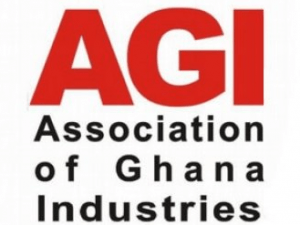AGI members call for review of warehousing regime
 Members of the Association of Ghana Industries (AGI), especially manufacturers, have called on government to review the Customs Act regarding bonded warehousing to save their businesses from collapse.
Members of the Association of Ghana Industries (AGI), especially manufacturers, have called on government to review the Customs Act regarding bonded warehousing to save their businesses from collapse.
Speaking at a seminar on the warehousing regime and port clearance organised by the AGI, they said the introduction of additional requirements under the law, such as letters of credit and bank guarantees in addition to the insurance bond, was making it difficult for them to operate efficiently.
Parliament passed the Customs Amendment Act, 2017 on December 29, providing additional requirements for the bonded warehousing of goods and other related matters.
The warehousing regime is the situation where imported goods are stored under customs control in a government or private bonded warehouse, without the payment of import duty and other taxes on the goods at the entry point.
The taxes are paid as the goods are removed from the warehouse.
Traders have three months to store perishable goods, 12 months for general goods and two years for raw materials.
Addressing the concerns of the members, Mr Bob Senyalah, Assistant Commissioner, Customs Division of the GRA, said it was not the desire of government to stifle business operations, but some negative practices of some operators led to the introduction of the additional measures to safeguard government’s revenue collections.
He cited the unauthorised removal of goods from bonded warehouses without the supervision of customs officials, thereby denying government of the needed revenue.
Mr Senyalah said companies stood to benefit enormously from the warehouse regime such as direct cost savings and holding of large stock of goods.
In a welcome address, Mr. Seth Twum-Akwaboah, the Executive Director of AGI said the seminar was intended to create a platform for the exchange of information for enhanced understanding of the warehousing processes and procedures and to address the concerns of members,
The seminar was also used to educate taxpayers on tax compliance and trade facilitation systems in their business operations to ensure quality service delivery.
Source: GNA
